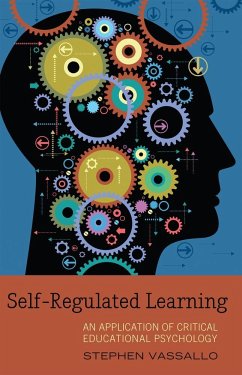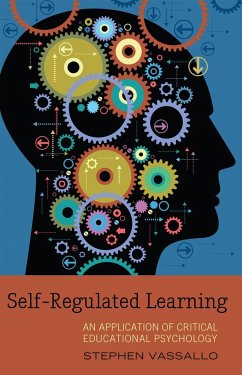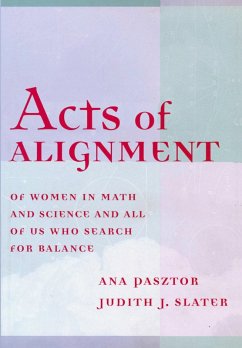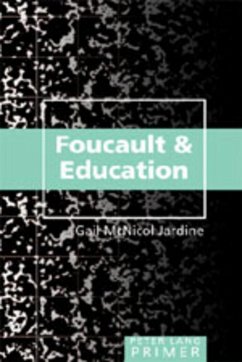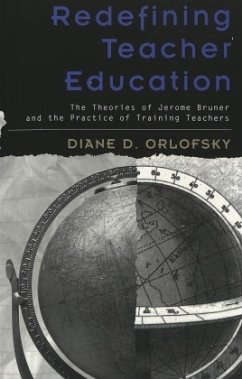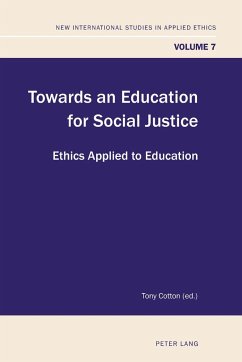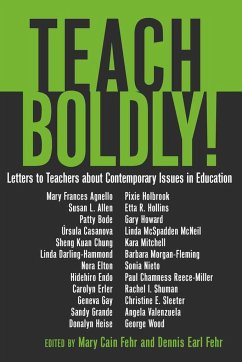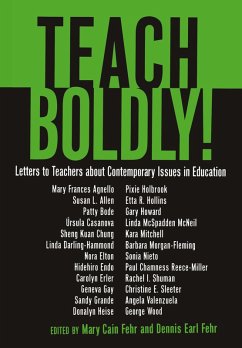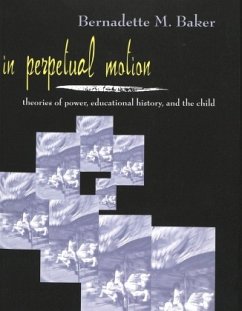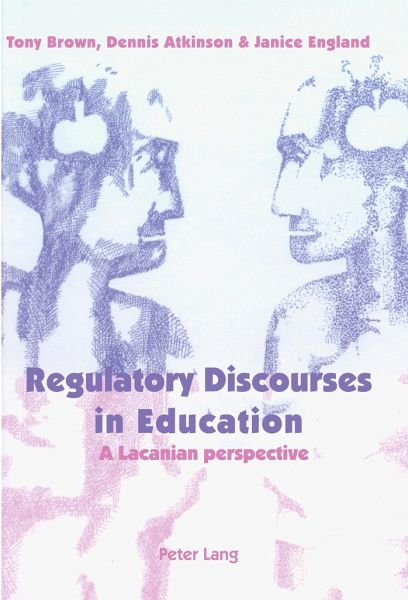
Regulatory Discourses in Education
A Lacanian perspective
Versandkostenfrei!
Versandfertig in 6-10 Tagen
81,70 €
inkl. MwSt.

PAYBACK Punkte
0 °P sammeln!
This book employs Lacanian psychoanalysis to develop new ways of understanding educational domains. It analyses events, practices and policies that occur in school classrooms, teacher education and higher-degree studies including educational research. It provides an accessible introduction, description and analysis of those aspects of Lacan's work concerned with language, identity and subjectivity directly relevant to the field of education. Regulative discourses and practices in education are a central concern and the authors demonstrate how Lacanian theory empowers our understanding of how s...
This book employs Lacanian psychoanalysis to develop new ways of understanding educational domains. It analyses events, practices and policies that occur in school classrooms, teacher education and higher-degree studies including educational research. It provides an accessible introduction, description and analysis of those aspects of Lacan's work concerned with language, identity and subjectivity directly relevant to the field of education.
Regulative discourses and practices in education are a central concern and the authors demonstrate how Lacanian theory empowers our understanding of how such discourses are instrumental in forming teacher and researcher identities. The book also shows how regulatory practices and discourses are relevant to research methodologies that arise in the field of action research in education.
Regulative discourses and practices in education are a central concern and the authors demonstrate how Lacanian theory empowers our understanding of how such discourses are instrumental in forming teacher and researcher identities. The book also shows how regulatory practices and discourses are relevant to research methodologies that arise in the field of action research in education.





